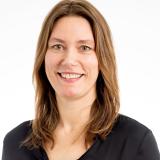KIF Committee members: “We must put women’s and men’s talents to use, regardless of ethnic background”
The KIF Committee believes that gender balance and ethnic diversity are crucial to finding good solutions to major societal challenges.
The members of the Committee for Gender Balance and Diversity in Research (KIF Committee) are researchers, administrators and students at Norwegian universities, university colleges and research institutes.
The committee seeks to promote gender balance and diversity not only from an equity standpoint – arguing that women and men, regardless of ethnic background, should have equal opportunities to participate and exert influence – but from a human resources standpoint. Members believe it is detrimental to research if recruitment to academic positions is confined to specific groups in society.
According to committee member Ingeborg Palm Helland, two myths in particular continue to flourish: 1) that gender equality will come about unassisted, and 2) that hiring, promotions and awards can be based solely on objective assessments of qualifications.
Why do the members wish to serve on the KIF Committee, and what do they actually do there? We asked all 17 members the following questions:
- Why is it important for you to support the work of the KIF Committee as a committee member?
- In what ways does the KIF Committee website, kifinfo (www.kifinfo.no), contribute to gender equality and diversity efforts?
- What are the greatest gender equality and diversity challenges in academia today?
- How are you working to meet these challenges?
A force for quality and equity
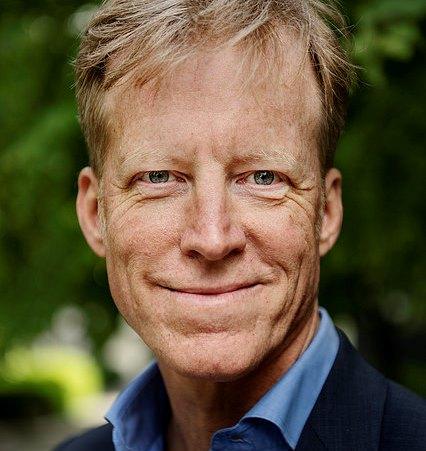
Curt Rice, Rector of Oslo Metropolitan University (OsloMet) and Chair of the KIF Committee, says the committee’s primary task is to be a driving force for quality and equity by promoting gender balance and diversity:
“This is so important to the sector’s further development that it motivates me to contribute,” he says.
“Kifinfo provides the committee with the resources and tools required to satisfy the sector’s need for research-based knowledge on the topics we work with.”
“Major challenges that must be resolved to achieve the committee’s goals of diversity and gender equality in academia include equal career opportunities and well-informed education programmes. Another is the gap between intentions and actions.”
“The committee has a substantial portfolio of activities. We organize workshops, conferences, meetings with institutions, consultations on government policy proposals and meetings with the Ministry of Education and Research and the Research Council of Norway.”
“Just keep working!”
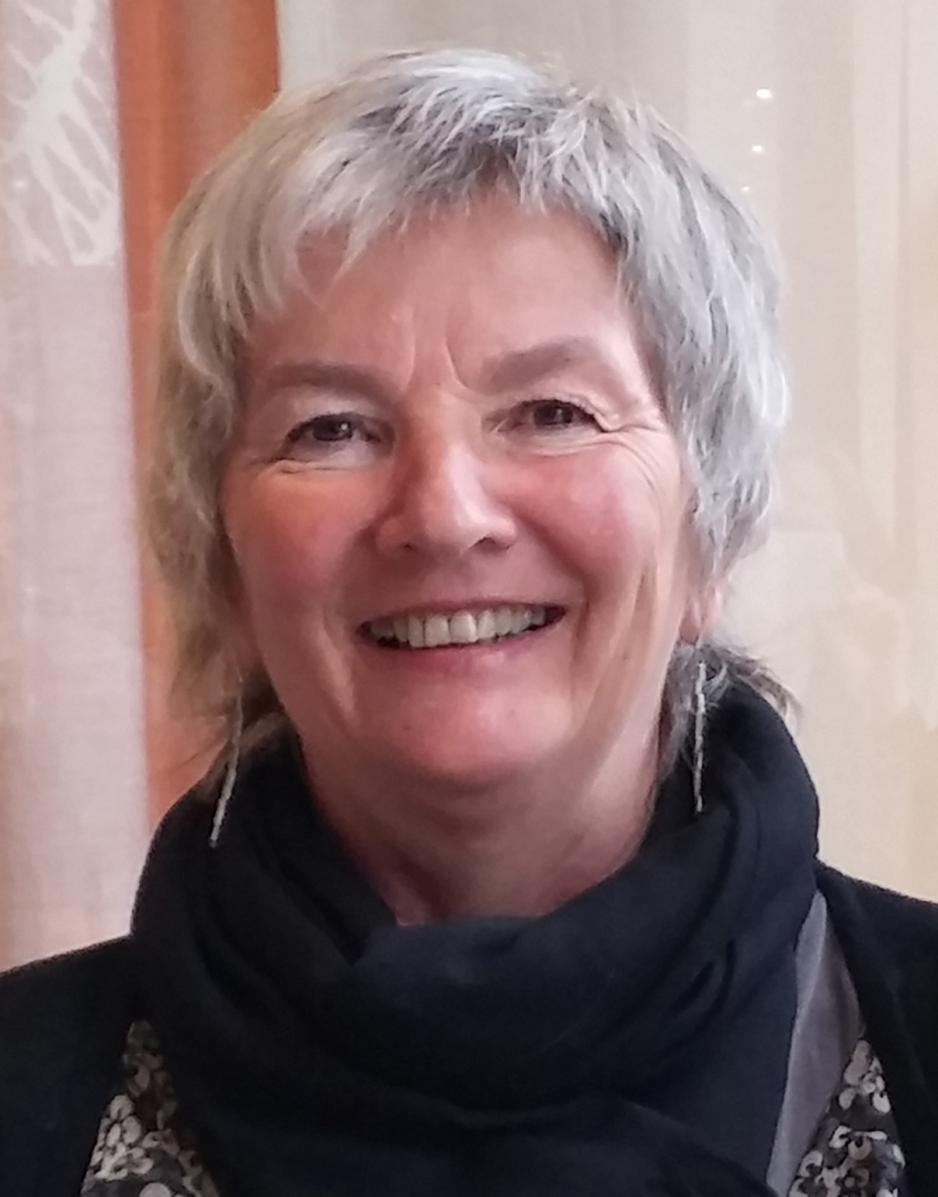
Ingrid Guldvik, Dean of the Faculty of Education and Social Work at Inland Norway University of Applied Sciences, believes role models are important:
“Working for gender equality and more diversity in academia is important as a matter of fairness. Everyone should have an equal opportunity to reach the top positions in the academic system. With gender balance and diversity among professors comes a wider range of research topics and perspectives. This improves the quality of research. We also need role models who are women, and with a skin colour other than white.”
“Kifinfo is a resource bank for anyone interested in working with gender equality and diversity. A great deal of academic material is readily available there, and kifinfo is working to make gender equality, diversity and leadership resources even more accessible.”
“The KIF Committee has spent 15 years working to increase the proportion of women with professorships across academia. Unfortunately, more work is needed. In 2014 the committee’s mandate was expanded to include ethnic diversity, and we have become aware how unsatisfactory the diversity situation is. All we can do is just keep working!”
“Gender equality and diversity will not materialise on their own. Sitting on the committee makes it possible to nudge developments in the right direction. We will continue developing and spreading knowledge, both in physical meetings and online. The KIF Committee is also a driver for the national authorities and the university and university college sector.”
“Gender balance among students and staff remains the key challenge”
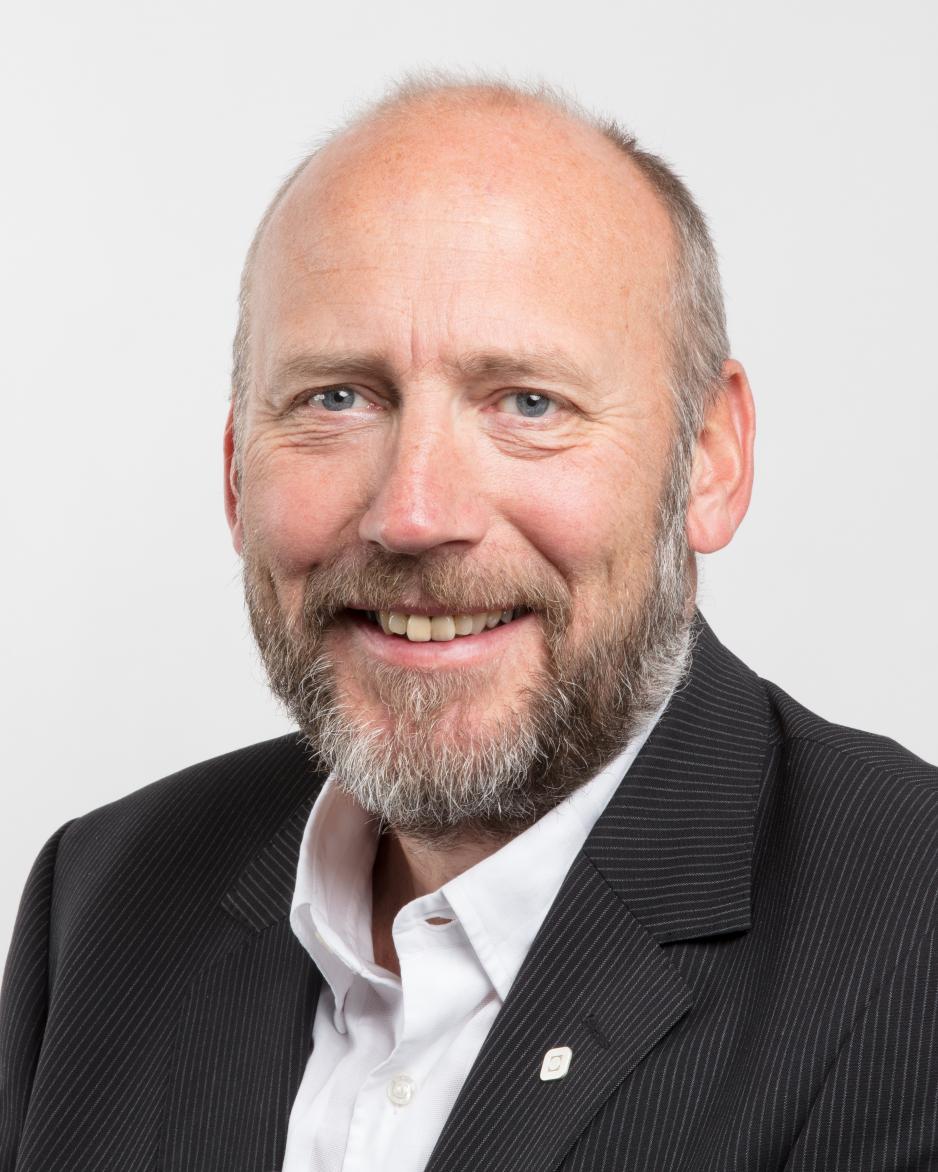
Tor Grande, Vice Dean at the Norwegian University of Science and Technology, is keen to avoid losing talent:
“I am a member of the KIF Committee because gender balance and diversity are important for equity and for retaining talent. Gender balance and diversity also play a crucial role in the efforts to solve major societal challenges and achieve the UN Sustainable Development Goals.”
“Kifinfo is an important source of information, knowledge, news and events regarding this set of issues. The problem is that not everyone knows about it.”
“Achieving gender balance among students and staff remains the key challenge. Lack of knowledge about gender and diversity perspectives is another major challenge that demands targeted attention.”
“The KIF Committee has a variety of activities to keep this on the agenda. Institution visits where we try to address these challenges in dialogue with the institutions’ administrators and employees are among our most important activities.”
“We must develop gender and diversity perspectives within the disciplines”
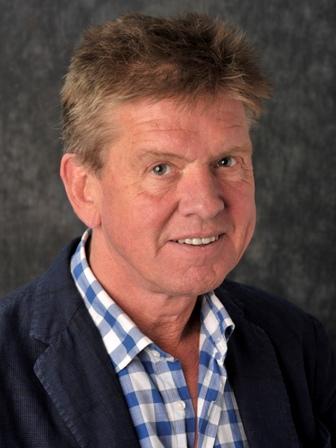
Øystein Gullvåg Holter, Professor at the University of Oslo, works to promote balance at the top level of research:
“The work is important because equity and balance in connection with gender and diversity are key concerns for academia and society as a whole.”
“The website helps to spread information and communicate research, relevant measures and more.”
“I think some of the biggest challenges are to ensure balance at the top level of research, reduce the gender divisions that characterize many disciplines and develop gender and diversity perspectives within the disciplines. But also to enlist both men and women in these efforts.”
“Personally, I want first and foremost to help in developing research and the knowledge base.”
“Gender equality takes continuous effort”
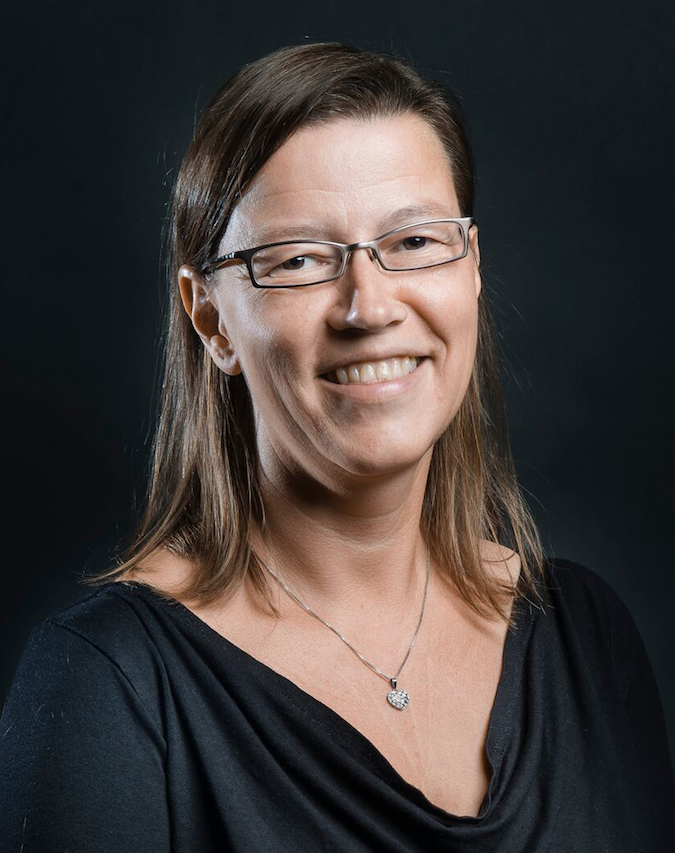
Hilde Synnøve Blix, Professor at UiT – The Arctic University of Norway, wants to see administrators on board:
“As a committee member I want to help raise awareness and knowledge about diversity issues, gender equality and equity in the university and university college sector, because these are matters I think the sector must address. Change does not happen by itself, and my experience is that the committee helps to legitimize the considerable work being done at the institutions.”
“I use kifinfo to stay informed and up-to-date, and I often share articles with my colleagues and administrators. The site is a useful tool and reference work for administrators, academic personnel and students engaged in raising awareness and sharing knowledge.”
“In my experience the first problem is obtaining acknowledgment that the challenges are real and that they revolve around equity and quality. The next problem is that just as positive changes are introduced and the administration has become engaged, the institution is reorganized and gender equality and diversity are deprioritized. Maintaining support for this sort of activity takes continuous effort and is therefore an administrative challenge.”
“The committee has a support function in the sector which includes providing the institutions with advice and practical tips. Institution visits are one way this is done. We also take part in official consultation processes about organizational and academic priorities in the sector, an aspect of the committee’s work I consider crucial. In recent years the committee has also worked actively to encourage Norwegian research groups to incorporate gender and diversity perspectives into their research activities.”
Pursuing gender balance and diversity concurrently
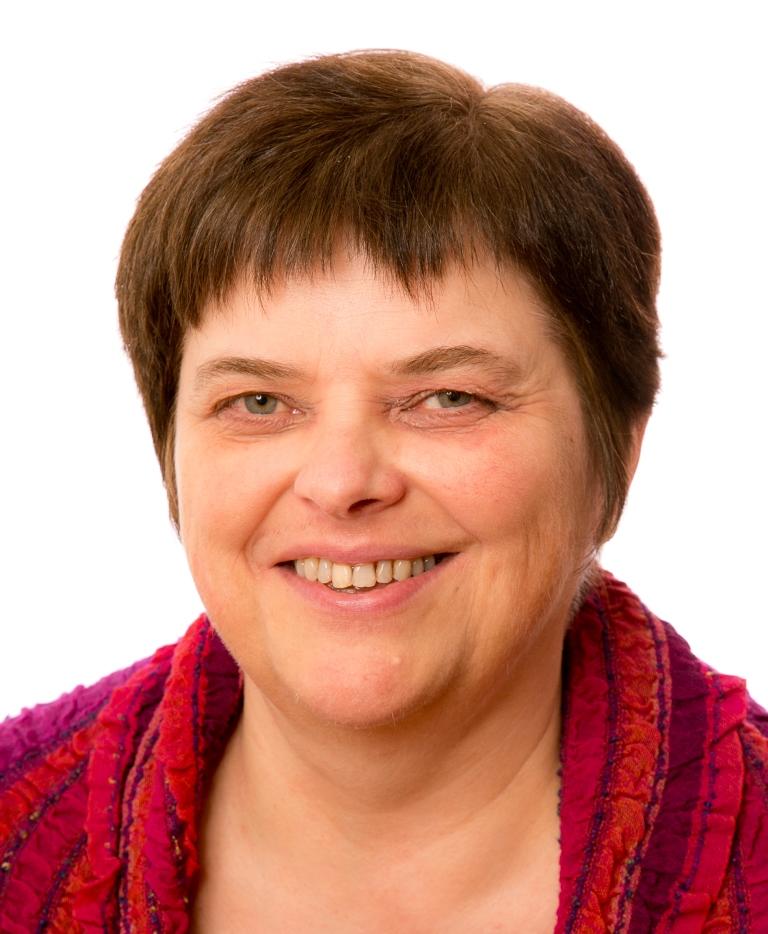
Tove Håpnes, Senior Researcher at SINTEF, serves on the KIF Committee in order to safeguard access to positions for women and men regardless of ethnic background:
“I think it is important to support and take an active part in the KIF Committee’s work to improve gender balance and diversity in the university, university college and research institute sectors. Important KIF activities include direct dialogue with academic communities and administrators at the institutions as well as participating in public discourse and supplying information to policymakers. For me, it is about equity and resources. There must be fair distribution among women and men, regardless of ethnic background, when it comes to job access and decision-making opportunities. It’s also about making better use of women’s and men’s talents and resources at all levels of leadership, regardless of ethnic background, and dismantling barriers that keep women out of leadership careers. Kifinfo is a key channel for disseminating knowledge and information about what’s going on in the field.”
“The biggest challenges will vary inside institutions and research groups. A tailored approach is therefore needed for policies and measures to promote gender equality and diversity.”
“For me, it is important to improve gender balance and diversity in the administration of institutions, whether in research management, department and faculty administration or at top management level. We must also take active steps to ensure career development opportunities at all levels for both women and men, regardless of their ethnic background. We have to become better at working simultaneously towards gender balance and ethnic diversity, and at challenging the concepts and labels we generally rely on.”
“We don’t have time to keep reinventing the wheel”
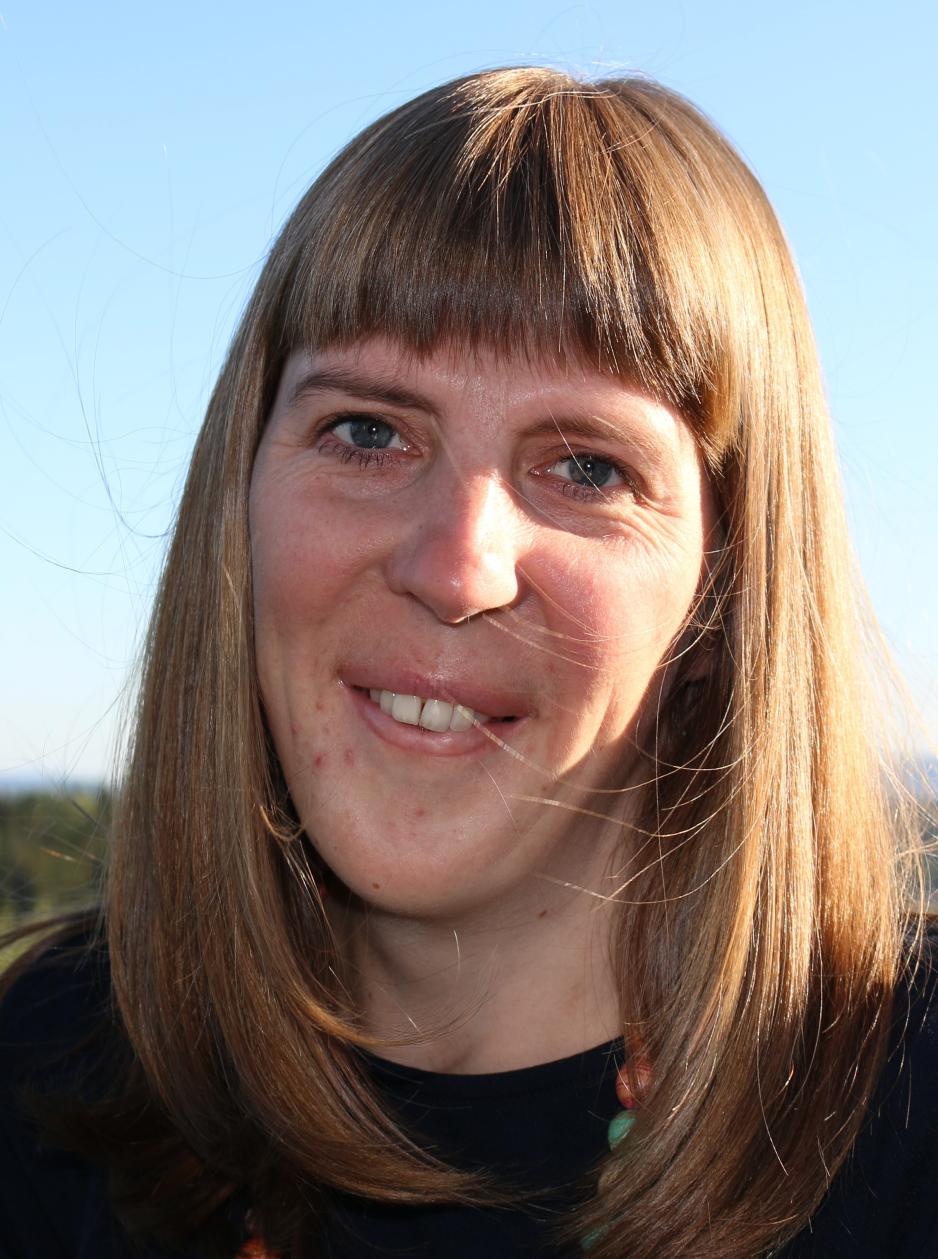
Ingeborg Palm Helland, Research Director at the Norwegian Institute for Nature Research, seeks to debunk myths:
“Gender equality will not appear by itself. We must work resolutely towards gender balance and diversity in the research sector as in other parts of society. That is why I sit on the KIF Committee. As the Research Director of a standalone institute with experience from the Young Academy of Norway, I wish to contribute perspectives from the institute sector in general and younger researchers in particular.”
“Many people who want to work on gender equality and diversity issues are newcomers to the field and don’t know which measures actually work and what has been done in the past. We don’t have time to keep reinventing the wheel. That is why www.kifinfo.no is such an important resource. It is where knowledge about our sector is consolidated. I urge everyone in the research sector to subscribe to the kifinfo newsletter – it is inspiring to hear of all the work that’s being done!”
“I think the greatest challenge is a lack of knowledge about and willingness to do something about the problems. Unfortunately, two myths are alive and well in academia today: 1) the idea that gender equality will emerge naturally if we just give it enough time, and 2) that hiring, promotions, awards and other forms of personal evaluation can be based solely on objective assessments of qualifications. In fact a wide array of research has shown that due to the influence of social relationships, social structures and unconscious discrimination, not everyone receives a fair assessment of their qualifications. Thus, gender inequality persists.”
“By compiling research findings, statistics and illustrative examples, the KIF Committee works constantly to show academia where the problems lie and what can be done to solve them. It is important that the committee is visible and offers opinions on issues of current interest. But it is just as important for the committee to visit individual institutions and provide advice and comments specific to each.
“Some people still think discrimination and sexual harassment do not exist”
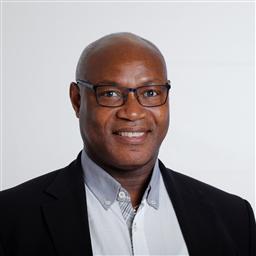
Kofitsyo Sewornu Cudjoe, Head of Section at the Norwegian Veterinary Institute, wants to eliminate institutional racism and abuse of privileges:
“The KIF Committee’s work is not to be underestimated. The committee was created in response to an apparent denial of the causes of the gender inequality and diversity problems we face. The fact that some people don’t see a problem is itself a major obstacle. Many immigrants encounter what they feel is institutional racism rooted in a lack of respect for being different. Abuses of power occur, too, with some people gaining advantage over others while many qualified applicants are left with no job. While there are many students today with an immigrant background, the same can be said for very few academic employees. Women, immigrants and muted groups suffer in an academic community where some have more advantages than others. The result is a culture marked by sexual harassment, differential treatment and abuse of privileges, among other things. As a member of the KIF Committee I have the chance to take part in discussions to find solutions to these problems.”
“A communication platform like kifinfo, which also serves as a platform for the KIF Committee, helps to distribute essential information and knowledge about the committee’s work while helping to educate the public on this important topic.”
“I think the greatest challenge we face is equal-opportunity recruitment and the fact that the proportion of graduates with an immigrant background is not reflected among academic personnel. Politicians are often unaware that many immigrant women with substantial academic achievements are currently working in hotels and restaurants.”
“The KIF Committee’s systematic visits to institutions are among its most important activities. Many of the major challenges we face are also addressed in workshops, seminars and other interactions with the research sector.”
Diverse strategies to diversify the academic community
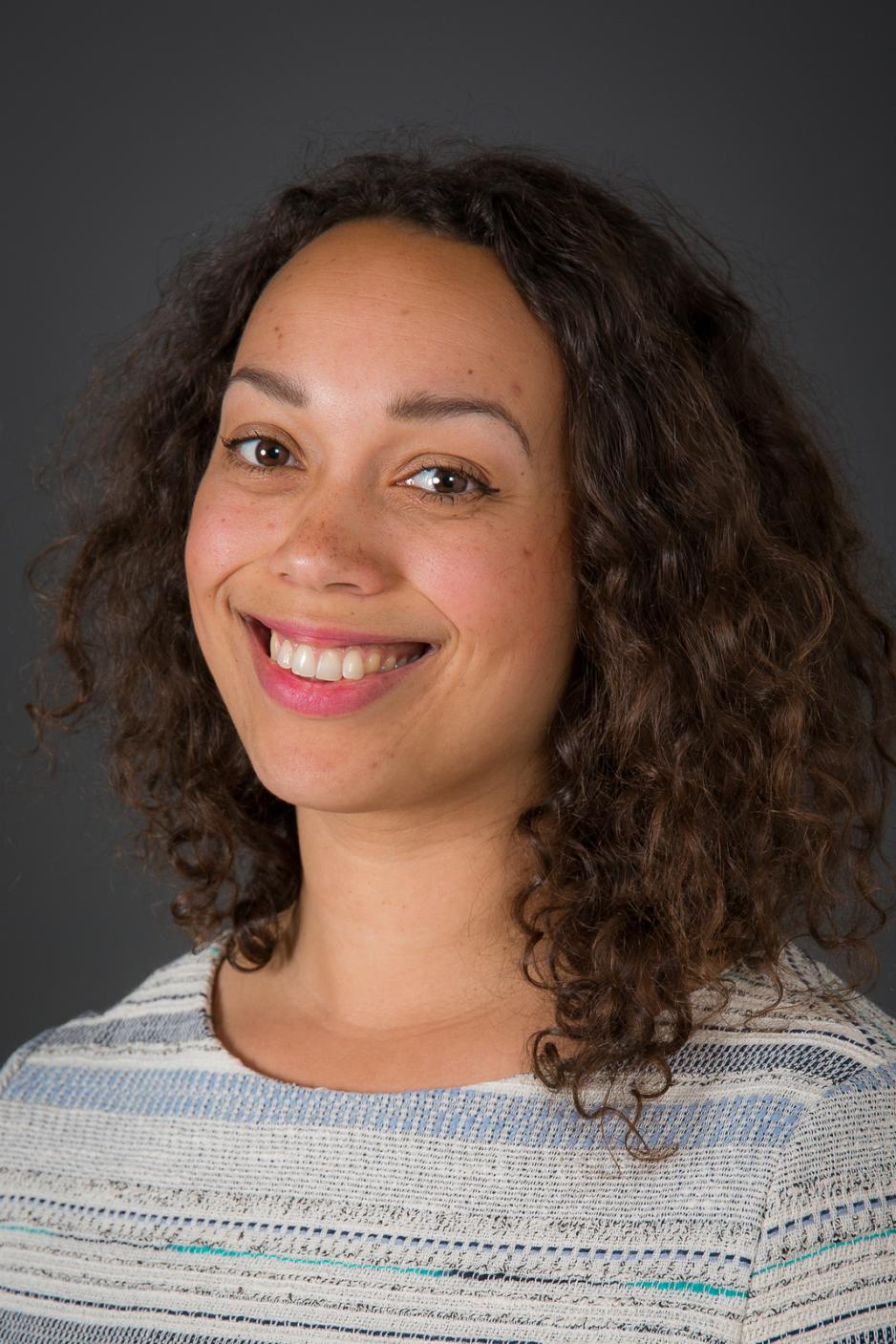
Julia Orupabo, Senior Researcher at the Institute for Social Research, underscores the benefits of the KIF Committee’s meetings with research sector institutions across the country:
“Working to improve balance and to make academia attractive to different types of groups is an important goal for the future.”
“Kifinfo is a website for those needing a quick overview of the status of gender equality and diversity in academia today.”
“Women and ethnic minorities are both well represented in higher education. But there are dividing lines between women and men as well as between people with minority and majority backgrounds in subjects studied and positions held, and in the degree to which individuals see themselves pursuing a career in research. As a result, many great minds are lost to us, and the employee pool in some parts of the sector is quite homogenous.”
“We are working to make academia more diverse, using a variety of strategies. Our practice of visiting institutions is an excellent measure. The committee travels up and down the country meeting with administrators in the sector and advising them how to equalize career potential for their employees and diversify recruitment.”
“Both the KIF Committee and the Research Council are driving forces”
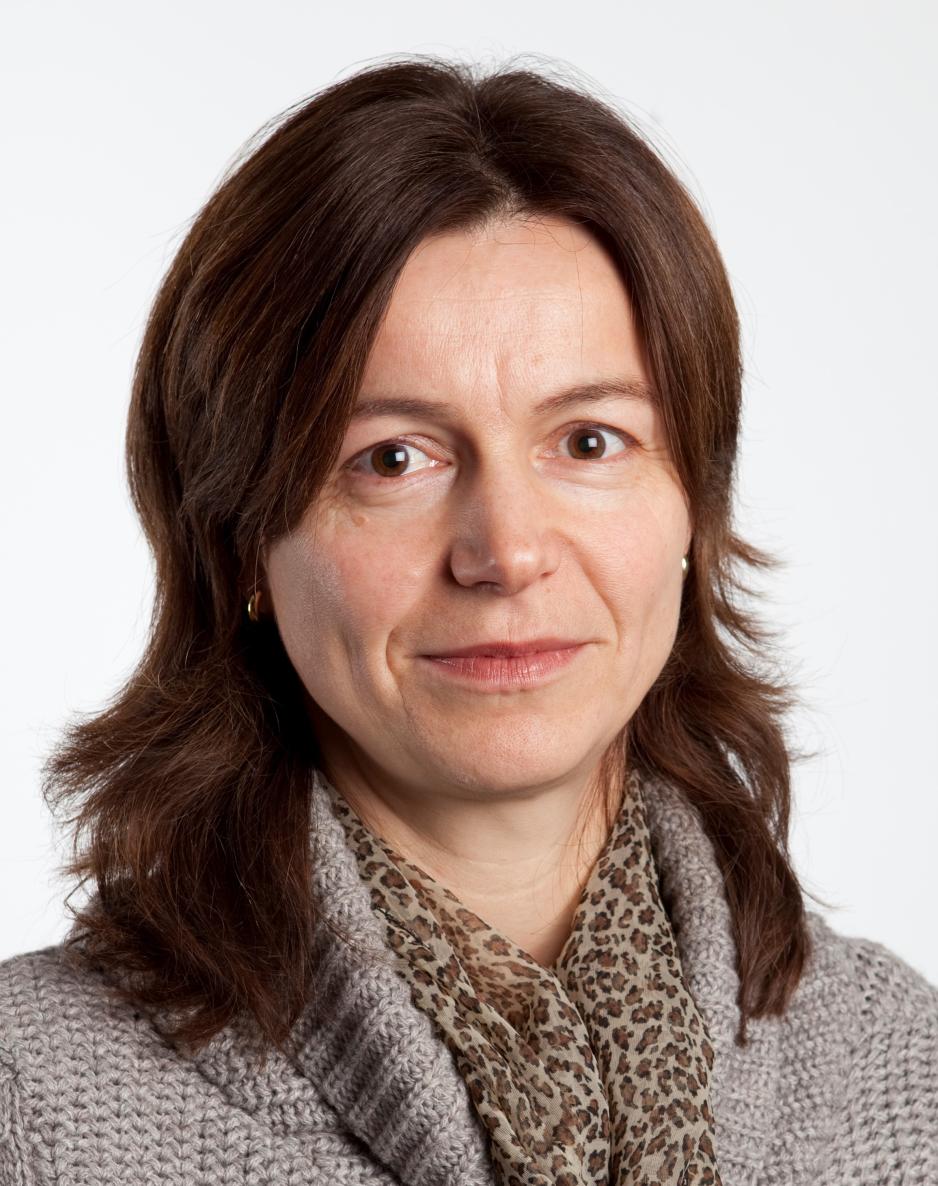
Marianne Jensen and Frode Georgsen are both department directors at the Research Council of Norway*. The challenges they focus on include those associated with excellence in research initiatives and career policies tailored to phase of life:
“The KIF Committee has an important role in driving research policy. The Research Council works very closely with the committee on issues relating to gender balance and gender perspectives. As an example, we have drawn up joint input to the EU’s next framework programme for research, Horizon Europe.”
“The website has become an excellent resource for the research sector and likely reaches other target groups than those the Research Council usually addresses. Kifinfo is useful for individuals working with practical planning and policymaking in the institutions. The website also provides a helpful overview of ongoing national and international discussions in the field.”
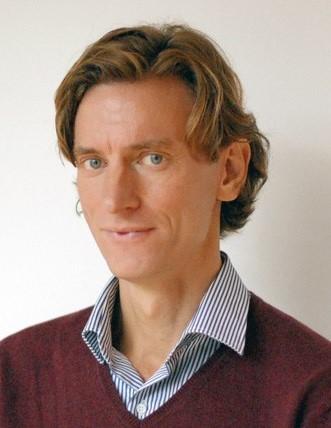
“The greatest challenges as we see them are reflected in the Research Council’s new policy on gender balance and gender equality. This policy highlights three focus areas: excellence in research initiatives, trade and industry, and career policies tailored to phase of life. We also have activities targeting gender perspectives. We believe that having a variety of entry points and perspectives strengthens the quality of knowledge production, enhances the relevance of research and increases society’s ability to innovate. While the Research Council has not designated diversity as a separate policy area at present, several instruments articulated in its new policy on gender balance and gender equality are relevant and transferrable in some degree to diversity promotion in a broad sense.”
“The policy includes many measures with specific activities designed to address the focus areas in different ways. As these are implemented we want to work and communicate closely with the institutions. In some areas we will also set clearer requirements for the institutions than we have in the past.”
“One of the greatest challenges is skewed recruitment”
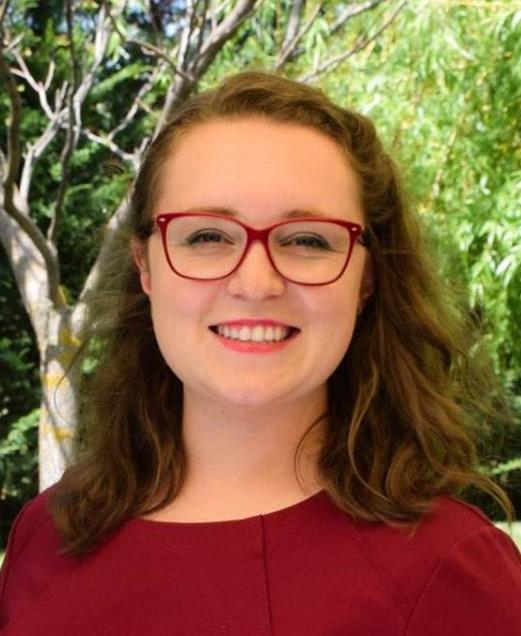
Ingvild Leren Stensrud, a student at the University of Oslo, believes the KIF Committee is important for its agenda-setting power with respect to gender equality:
“It serves us all to have a fair-minded academia providing the same opportunities to everyone and promoting a variety of perspectives. Supporting this work is important to me because the question of who has access to academia and what they research has ramifications for individuals and for society.”
“The committee’s website contributes in several ways. It is a place where you can find news about the field, read up on the facts and get proposals for specific initiatives. It is aimed at experts and beginners alike.”
“I think one of the greatest challenges is skewed recruitment at various levels and in some disciplines. Another is the lack of gender equality and diversity perspectives in teaching and research.”
“The committee has an important role to play in correctly describing the problem, ensuring that gender balance and equality issues are addressed officially and exploring and promoting measures the sector can implement.”
“Students must see an academia that reflects our society”
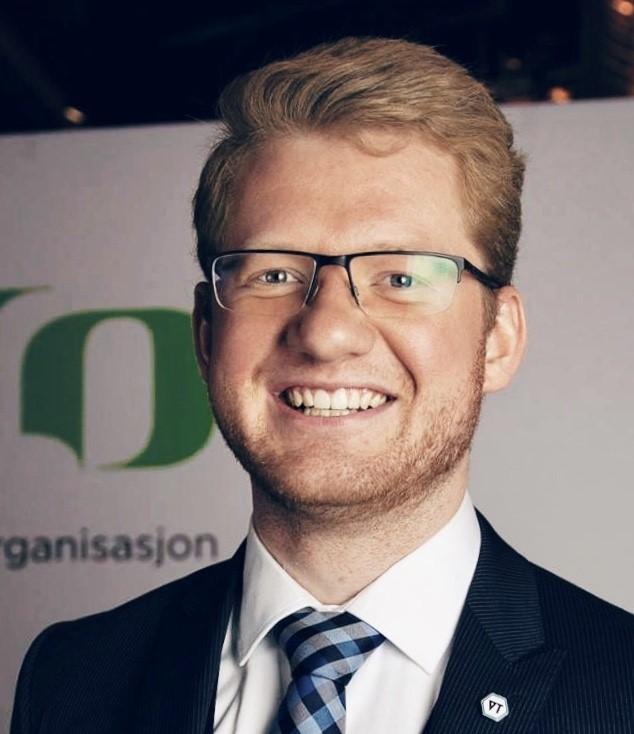
Aleksander Martin Gjøsæter, a student at the University of Bergen, believes that students need role models among the academic staff:
“The work of the KIF Committee affects students directly. I want to help bring about a more diverse representation among the academic staff who meet students on a daily basis, so students will see an academia that reflects our society. It is imperative that academia reflects the society we live in; the diversity of the research we conduct depends on it as well.”
“Kifinfo helps to make the committee’s work accessible and communicate our objectives. While the KIF Committee uses dialogue to try to influence institutions to make changes, kifinfo makes it easier for readers in academia to access information with a diversity perspective. Kifinfo is also a readily available knowledge base for administrators at the institutions we visit.”
“The biggest diversity challenge in academia today is the lack of ethnic minorities in academic positions, especially teaching positions. It is a problem for the sector that minority-background students do not meet minority-background academic personnel who can serve as role models. As a student, it is natural to identify with people you resemble, and in whom you recognize yourself. We must be better at recognizing and addressing this challenge. Internationalization is by no means synonymous with having a diverse academia.”
“The KIF Committee must base its informational work on dialogue. It is important the institutions feel the committee is on their side, serving as an advisory body on behalf of the Ministry of Education and Research. We should invite ourselves in, but those we meet must also want to listen to us. Change is a result of constructive dialogue.”
“Gender balance and diversity are important as research topics”
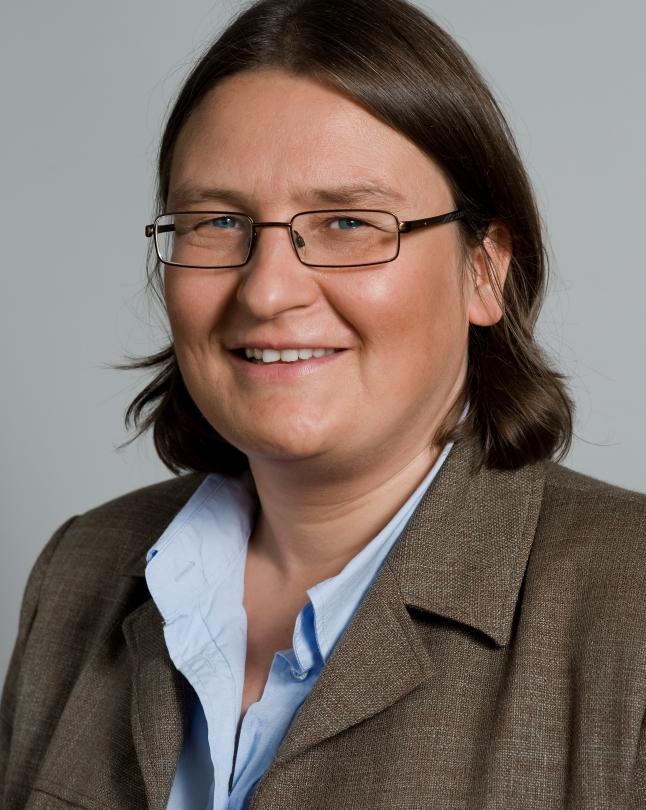
Ragnhild Hennum, professor at the University of Oslo, points to sexual harassment as one of several challenges:
“Gender balance and diversity are important for employees in the sector and as thematic areas for research.”
“Kifinfo is both a window on KIF Committee activities and an important tool for advancing the sector. Kifinfo disseminates current research and information and produces news articles on gender and ethnic diversity in academia both in Norwegian and in English. In addition, kifinfo distributes information on committee events, publications and political commentary. At kifinfo, institutions can find the resources they need and stay up-to-date about what’s happening in the field.”
“The KIF Committee has identified the following focus areas for the 2018–2021 period: promoting gender balance in senior academic positions, increasing ethnic diversity in research, promoting gender and diversity perspectives in research, and working to combat sexual harassment.”
“The committee and its secretariat provide advisory services. The committee advocates for political action, hosts conferences, provides information through kifinfo and carries out institution visits.”
“We must reverse a long patriarchal history”
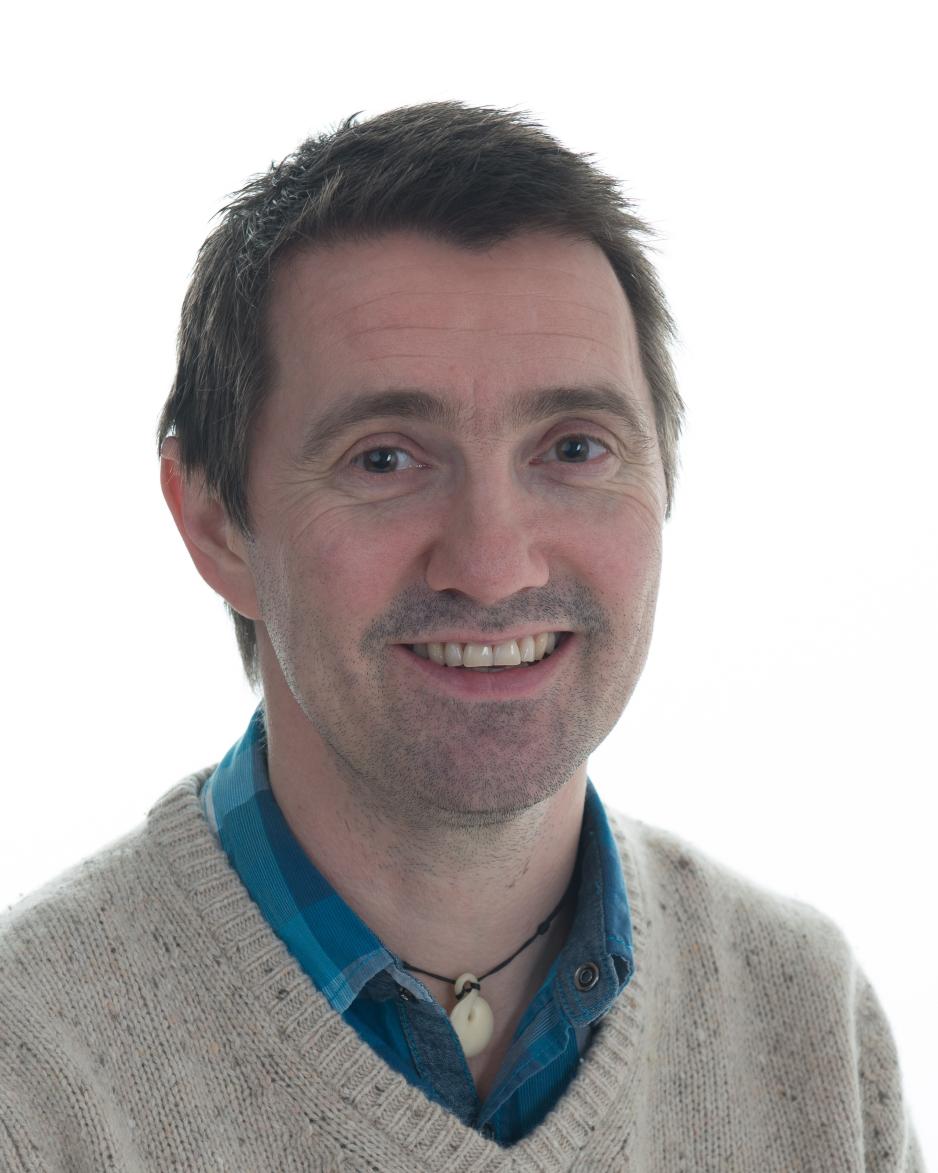
Torjer Olsen, Professor at UiT – The Arctic University of Norway, believes that academia needs not only equality, but decolonization:
“For me, being part of the KIF Committee’s work for gender equality and diversity in research is the extension of an interest and a commitment I have had all my working life. Gender equality, primarily the struggle for women’s rights and status and secondarily for gender balance, is a cause worth fighting for. Academia has a long patriarchal history. It will take time to turn it around. The KIF Committee will play a part in this. Diversity of both perspective and expertise is a cornerstone of research today. That applies to the researchers as well as the communities that are the subject and object of the research. My special interest is the perspective of indigenous peoples. The fight for gender equality it not all that academia needs. Academia needs decolonization.”
“The KIF Committee’s website is good at compiling and distributing information, knowledge and perspectives on the thematic areas we work with.”
“Today’s greatest diversity and equality challenges are complex. Research needs to incorporate gender perspectives more widely and to apply them more extensively. It also needs more researchers working on gender-related topics. A thorough decolonization – meaning a critical examination of how colonial and patriarchal structures have guided and still guide the way research topics and research methods are chosen – is also needed.”
“We work by addressing organizations and researchers in their own environment, supporting the good that’s being done, and contributing constructive criticism. Individual members also work within their own networks to the same end.”
Research careers for a wider range of people
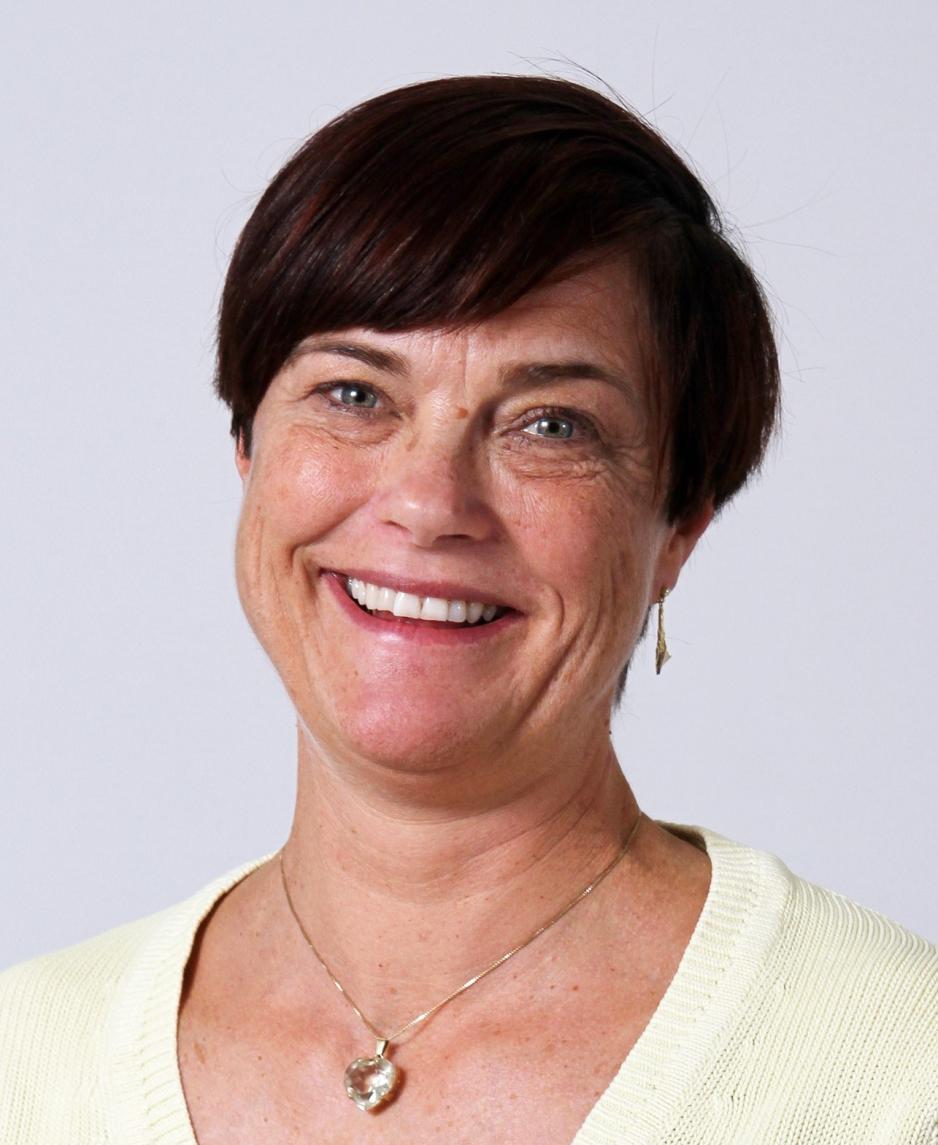
Camilla Røsjø, Division Director at Nofima, would like to see more children of immigrants become researchers:
“The KIF Committee’s efforts are important in the push for more diversity – not only in the makeup of personnel, but in the research itself. I support this work not only via the committee but in other relevant arenas, including my own workplace.”
“The kifinfo website calls attention to current issues and provides knowledge and information about the field.”
“The greatest challenge in terms of diversity is getting the children of immigrants to choose research as a career path. In terms of gender equality, it is incorporating gender perspectives into research.”
“We work in a dialogue with the Research Council and relevant politicians and ministries. The committee also addresses these challenges by presenting at conferences, raising awareness and expanding the knowledge base.”
A fight for equity

Stine Katinka Andersen, a student at UiT – Norway’s Arctic University, finds it troubling that diversity among the academic staff does not match that of the student body:
“I have always been focused on equity, and serving on the KIF Committee gives me an opportunity to push things in the right direction. The ability to discuss and influence how we advance gender equality and diversity in academia is incredibly exciting.”
“Kifinfo is a very good initiative for compiling information about the committee’s work. It gives institutions and individuals alike a clear picture of how to pursue equality and diversity at the national level.”
“In my opinion, the biggest gender equality and diversity challenge in academia today is the difference between the student pool as a whole and the academic employees. While the students are increasingly diverse and female-dominated, the lecturers as a group are fairly homogeneous.”
“The KIF Committee has numerous clear initiatives to improve both gender balance and diversity, but I would like to highlight the committee’s ability to dispense advice and hold seminars on how the institutions themselves can practice active recruitment within a diversity and gender equality perspective.”
Translated by Walter Gibbs and Carol Eckmann.
*Since this interview was conducted, the Ministry of Education and Research has appointed two new representatives as KIF Committee members from the Research Council.
The first KIF Committee was established by the Ministry of Education and Research in 2004.
The current committee was appointed by the Ministry of Education and Research to serve for the 2018–2021 period. It has 17 members as well as an observer from Kilden genderresearch.no and a secretariat situated at Universities Norway.
See Members 2018-2021 and Mandate for the Committee for Gender Balance and Diversity in Research (KIF)


